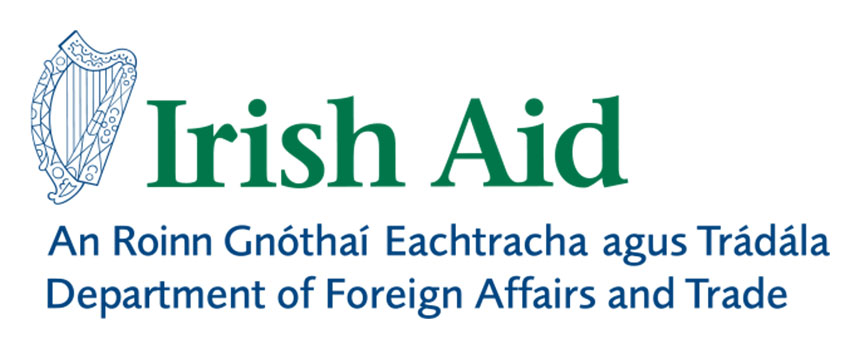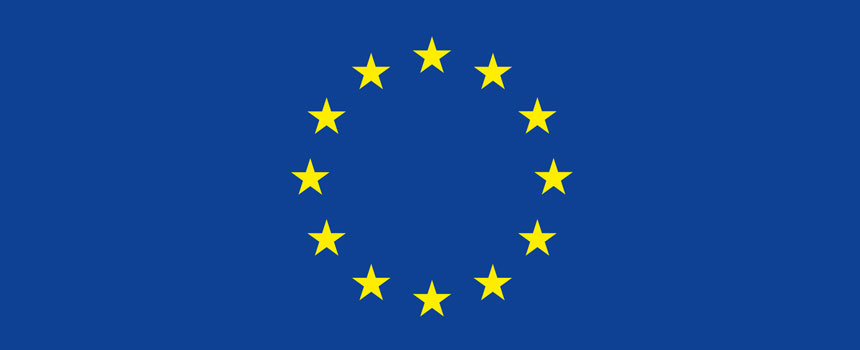Patrick Honohan: Do the Right Thing
02 April 2014
Blog: Ireland’s Financial Foe: the European Central Bank
A call to Patrick Honohan, the Governor of the Irish Central Bank to do the right thing
by Nessa Ni Chasaide
Last week it emerged that the European Central Bank (ECB) is not happy with the restructuring of Ireland’s most odious socialised banking debt – the debts of Anglo Irish Bank and Irish Nationwide Building Society. The debts of Anglo et al – about € 30 billion – are worth nearly half the cost of the private banking debt made public in Ireland – € 64 billion, a staggering 40% of our national income.
In February 2013, amid huge public outrage at the promise to pay over € 30 billion to settle the Anglo debts, the Irish government changed the form of the debt but without in any way reducing the size of it. It was previously in ‘promissory note’ form – like an IOU – and the government changed it to sovereign bonds, a tradable form of debt now held at the Irish Central Bank. The Irish Central Bank is set to sell the bonds to international markets at a rate of about € 0.5 billion per year.
But now it seems the ECB wants this process speeded up as they are concerned that this restructuring broke ECB rules by allowing so called ‘monetary financing’ within the Eurozone. The ECB is afraid that the new arrangement is viewed as the ECB creating money by allowing the Anglo debt to be paid over a longer time period.
The Anglo: Not Our Debt campaign, of which DDCI is an active member, also has problems with the Anglo debt restructuring – but for very different reasons. Our objections are three-fold:
- This debt is the debt of gambling bankers. It represents almost half of the overall socialised banking debt being paid by people in Ireland. It is not our debt and we should not pay any of it. While the deal lengthens the payment period (to 39 years instead of the original 17 years), the converting of the promissory notes into bonds means the government believes that the Anglo debt is a legitimate debt that should be paid. It shouldn't.
- The government has now made it more difficult not to pay this debt. The promissory notes were basically an inter-agency promise between state agencies – the Irish government, Anglo (state owned) and the Irish Central Bank. They could have decided between them not to pay it, or at least negotiated hard with the ECB for agreement not to pay it. By changing the debt into bonds, the debt will now be traded internationally and we will owe it to private bondholders instead – who will of course put up a serious fight if they are not paid
- Selling the bonds will probably cost us over € 1 billion in interest payments that would otherwise stay within the Irish state. By trading the debt on the private markets, the Irish Central Bank will have to pay interest to private bondholders, rather than keep the interest payments within the state system. The bonds will carry a floating interest rate so we don’t know exactly how much they will cost us. But once they are all sold it’s likely that the annual interest bill will be over € 1.3 billion– not even counting the maturing debt principle.
For all these reasons, we should not sell these bonds to private bondholders. The Irish Central Bank should freeze the sale of the bonds, pending a full cancellation of this illegitimate debt.
The power to make this decision lies with the Governor of the Irish Central Bank, Patrick Honohan. He should not bow to this renewed pressure from the ECB, the same institution that forced us in 2010, through extreme bullying in the context of the ‘bail-out’, to pay for the entire banking debt.
It is time for Governor Patrick Honohan to do the right thing.
Patrick Honohan, will you do the right thing?


